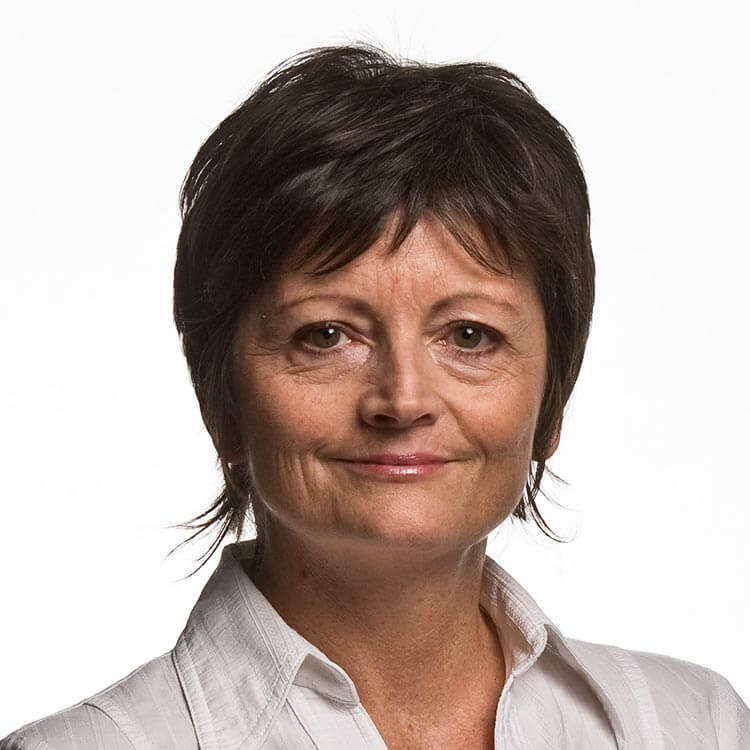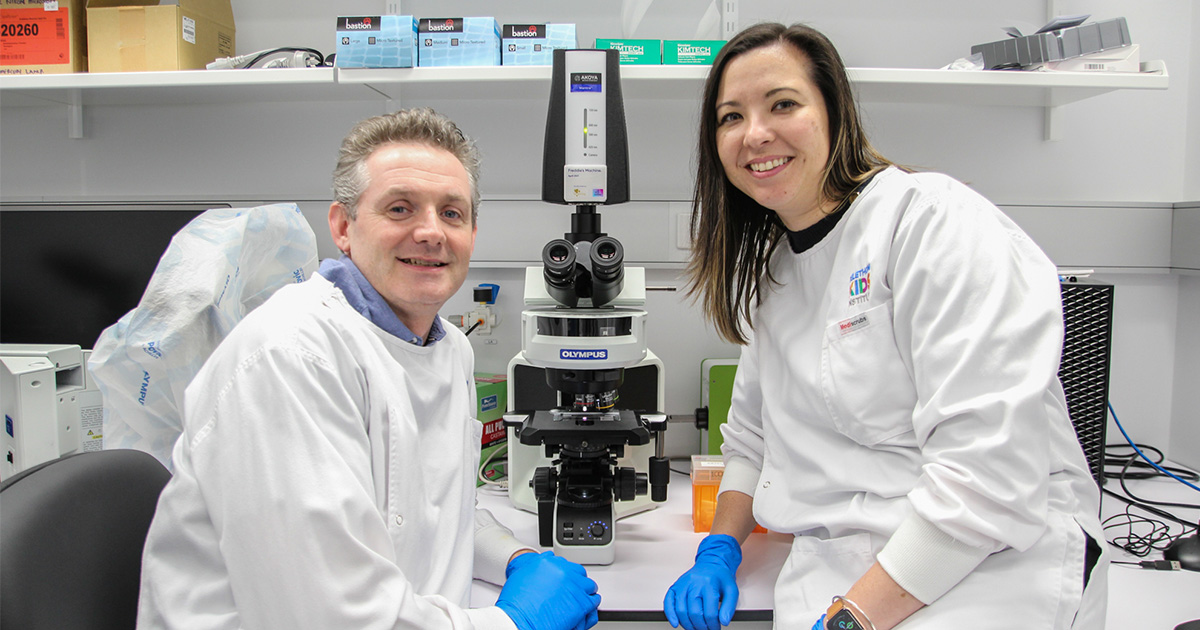Search
Research
MEIS proteins as partners of the TLX1/HOX11 oncoproteinAberrant expression of the TLX1/HOX11 proto-oncogene is associated with a significant subset of T-cell acute lymphoblastic leukemias...


News & Events
Finding new treatments for rare brain cancers in infantsThe WA Kids Cancer Centre has secured $1.1 million in funding from the Medical Research Future Fund’s (MRFF) Paediatric Brain Cancer Research Stream 2 to develop more effective and less toxic treatments for rare brain cancers in infants.

News & Events
The Kids researchers awarded Raine Medical Research Foundation fundingCongratulations to three The Kids Research Institute Australia researchers, who have been awarded funding from the Raine Medical Research Foundation.
News & Events
New imaging equipment to boost children's cancer researchA cutting edge cancer imaging facility will help specialist children's cancer researchers at Perth's Telethon Institute for Child Health Research.
Research
IDH-mutant gliomas in children and adolescents - from biology to clinical trialsGliomas account for nearly 30% of all primary central nervous system (CNS) tumors in children and adolescents and young adults (AYA), contributing to significant morbidity and mortality. The updated molecular classification of gliomas defines molecularly diverse subtypes with a spectrum of tumors associated with age-distinct incidence.
Research
Transcriptional rewiring in CD8+ T cells: implications for CAR-T cell therapy against solid tumoursT cells engineered to express chimeric-antigen receptors (CAR-T cells) can effectively control relapsed and refractory haematological malignancies in the clinic. However, the successes of CAR-T cell therapy have not been recapitulated in solid tumours due to a range of barriers such as immunosuppression, poor infiltration, and tumour heterogeneity.
Research
Disruption of cotranscriptional splicing suggests that RBM39 is a therapeutic target in acute lymphoblastic leukemiaThere are few options for patients with relapse/refractory B-cell acute lymphoblastic leukemia, thus this is a major area of unmet medical need. Here, we reveal that inclusion of a poison exon in RBM39, which could be induced both by CDK9 or CDK9 independent CMGC (cyclin-dependent kinases, mitogen-activated protein kinases, glycogen synthase kinases, CDC-like kinases) kinase inhibition, is recognized by the nonsense-mediated mRNA decay pathway for degradation.
Research
PI3K activation in neural stem cells drives tumorigenesis which can be ameliorated by targeting the cAMP response element binding proteinA novel mouse model for glioma demonstrating that the PI3K pathway is important for initiation of tumorigenesis
Research
Exercise training improves vascular function and secondary health measures in survivors of pediatric oncology related cerebral insultThis study demonstrates that exercise is achievable and has positive effects on vascular function, submaximal fitness, local strength and physical activity in a population of AYA survivors of pediatric oncology related cerebral insult
